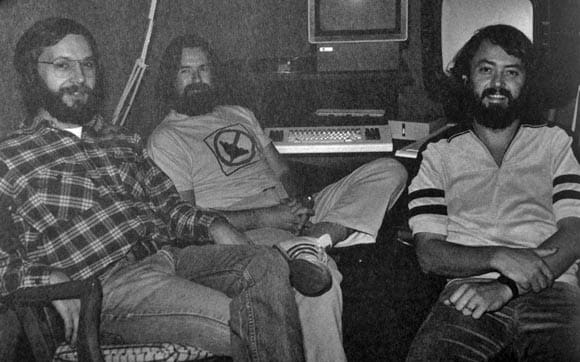

The responsibility for finding and fixing problems should be assigned to every employee, from the most senior manager to the lowliest person on the production line. In the book Creativity Inc, by Pixar founder Ed Catmull, candour is a recurring theme.Ĭatmull argues that in a creative company, people must feel free to share ideas, opinions, and criticisms. Arguably the greatest artistic company of the last two decades, it continues to inspire, engage, and challenge its growing audience.Have you experienced much criticism or candour at work today? With an impeccable record both at the box office and in the critic’s chair, Pixar is a rare example of a film studio that’s committed to delivering films that mix a great story with major profit potential.


Instead, he saw the potential that the company had and drastically increased his investment in it. Had Steve Jobs sold the company in the early 1990s during a slump in business, it would have never gone on to achieve greatness. Pixar is a great example of a company with a long-term outlook that overrides all of its short-term troubles. After an acquisition by Disney in recent years, the company has continued its string of great releases with highly successful new films such as WALL-E and Brave. Today, Pixar is one of the world’s leading animation studios, boasting a commercial and critical record that makes the average movie studio an embarrassment. Jobs saw the potential of the company and expanded it rapidly, taking it public in 2005 to massive financial success. Released in 1995 after years of slow production, the film was a critical and commercial hit, bringing in over $300 million for Disney and Pixar. The deal: to create three animated Disney movies. Jobs reached out to his previous clients to foster new business and ended up scoring a $26 million film deal with Disney that kept the company afloat. By 1991, Pixar had fired most of its workforce and closed its computer hardware division. While successful deals for films like Terminator 2 kept the company afloat, many of the company’s investors bailed, selling their shares to an optimistic Steve Jobs.īusiness continued to worsen. Sales were at their lowest point in history and the company’s balance books weren't looking good.

By the late 1980s, the company’s computer business was doing poorly.


 0 kommentar(er)
0 kommentar(er)
